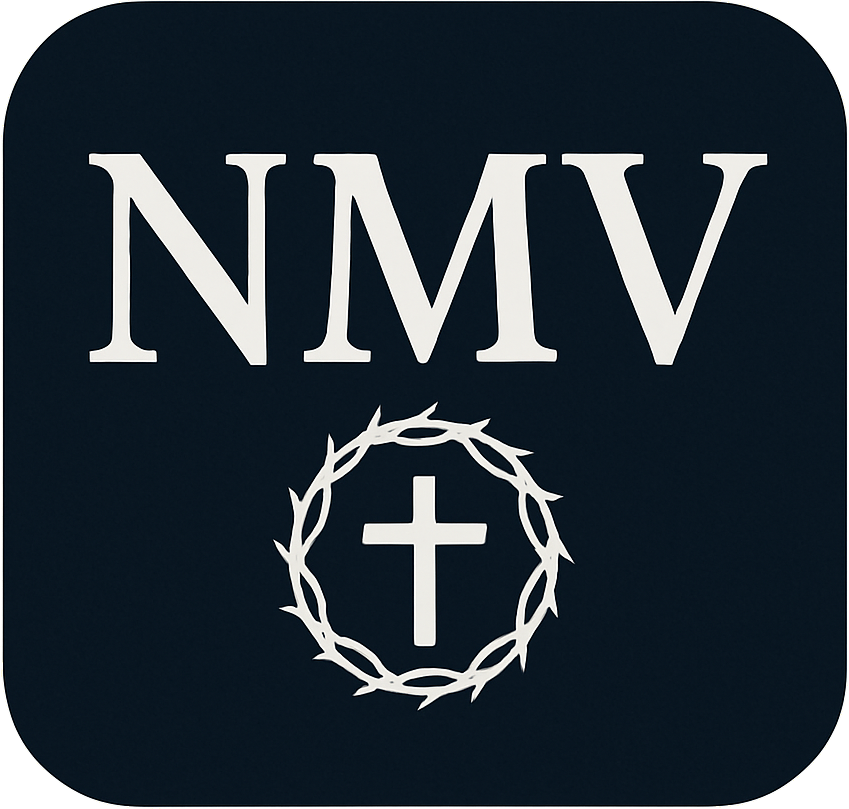💬 Clarified Meaning
Hebrews 7:5 refers to the Levitical priesthood under the Old Covenant, where the sons of Levi were designated as priests. According to the Mosaic Law, they were commanded to collect tithes from the Israelites, even though they all shared the same ancestry from Abraham. This system highlighted the unique role of the Levites as intermediaries between God and His people, and their right to receive support for their priestly duties.
---
🔍 Reflection
As believers, we are invited into a new priesthood through Christ, who is our eternal High Priest. The Levitical system was a shadow of the true priesthood of Jesus, who mediates a better covenant. Our lives, like the tithes collected by the Levites, are offerings to God. We are called to live sacrificially, dedicating our time, resources, and hearts to His service. By doing so, we acknowledge that everything we have is ultimately from Him and for His glory.
In our daily walk, let's embrace the privilege of being part of God's royal priesthood. We serve not out of obligation, but out of gratitude for the grace we have received. Let us be generous in our giving, not just financially, but also in our love, compassion, and service to others, reflecting the heart of our High Priest, Jesus.
---
🙏 Prayer
Heavenly Father, thank You for calling me into Your royal priesthood through Jesus Christ. Help me to live a life that honors You, offering my whole self as a living sacrifice. Teach me to give generously and serve others with the love of Christ. I am grateful for the grace that allows me to be part of Your family. Amen.
---
✍️ Journal Prompt
- How can you emulate the sacrificial giving of the Levites in your own life today?
- In what ways can you actively participate in the priesthood of all believers, serving others and glorifying God?
---
🧠 Greek or Cultural Insight
The Greek word for "tenth" in this verse is **δεκάτη** (*dekate*), which refers to a tenth part, or tithe. Historically, the tithe was a common practice not only in Israel but also in other ancient cultures as a way to support religious institutions. In the context of ancient Israel, it was a sacred obligation reflecting the people's acknowledgment of God's provision and ownership over all.
